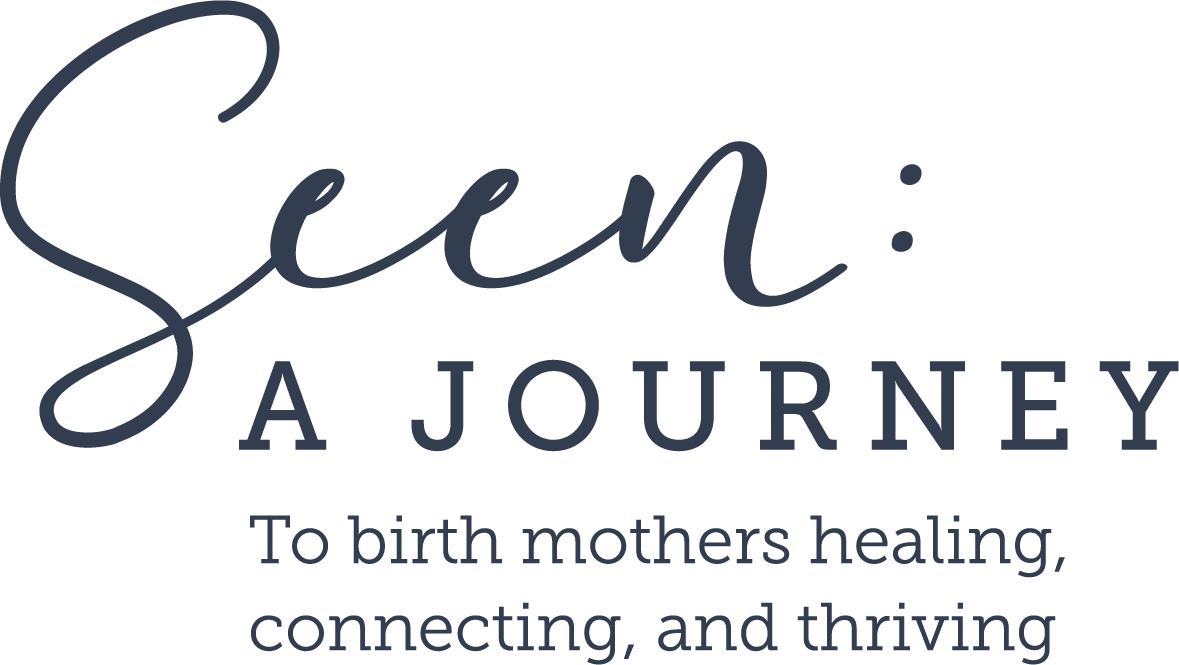From the time they place their child for adoption, many birth parents dream of reunion. The idea of reestablishing contact or developing a relationship with their child independent of the adoptive parents, whether it takes place years or decades later, can evoke a range of feelings, including joy, fear, grief, hope, and everything in between.
Even though reunions can bring peace, they can also rekindle feelings some believed had long since dealt with. Birth parents could unintentionally bring up the grief, guilt, or unsolved questions they put away. Therefore, birth parents preparing for reunion is more than just getting ready for them; it’s also about taking care of themselves emotionally so that they can show up in a way that values their child’s story and their own healing when the time comes.
Preparing for the Hello
There is no “fix” for the loss that accompanies placement through reunion. It’s a turning point in a lifetime that may both amplify past hurts and provide happiness.
Birth parents should spend some time getting back in touch with their healing before reunion. This could involve going to therapy, writing in a notebook about any aspirations and anxieties, or reliving their story with compassion instead of guilt. Therapists can incorporate narrative therapy into their sessions to help birth parents prepare.
Birth Parents Preparing for Reunion Can Consider this:
In reunion, what feelings or unresolved grief might surface for me?
What do I hope to get out of this connection, and is that realistic?
If things don’t work out the way I want them to, how can I take care of my emotional needs?
By doing this task in advance, you can make sure that you are not depending on your child to satisfy emotional demands that recovery alone can fulfill.
Because the hard truth is, their role is not to heal you.
It’s normal for birth parents to want their children to understand or even forgive them. It’s crucial to keep in mind, though, that children, biological or adopted, are not here to take care of their parents’ suffering. It’s unfair to expect them to bear the emotional burden of their parents’ sorrow since they had nothing to do with the events that resulted in their adoption.
Parents should instead concentrate on being there for their child, interested in their identity, willing to listen, and receptive to hearing about the ways adoption has influenced their lives. Birth parents can create emotional safety and allow them to be themselves when they do their own work.
Making Room for Their Narrative
The experience of each adoptee is different. While some people approach reunions cautiously, bewildered, or even angry, others do so with openness and optimism. Birth parents must make room for their feelings without attempting to regulate or rectify them.
Their adoption may cause them to feel a range of complicated emotions, including curiosity, loss, and even bitterness. The role of the birth parents is to listen empathetically, not to defend the adoption.
Saying, “I understand why you feel that way,” conveys safety, love, and humility, all of which can gradually restore trust.
Honesty is also very important.
Birth parents: Even if the truth is difficult to accept, be honest about your narrative, your choices, and your emotions. While avoidance or secrecy might reestablish the barriers that reunion is intended to dismantle, authenticity encourages connection.
How Can Birth Parents Give Them the Lead
Since reunions are so intimate, it’s critical to allow the adoptee to lead the way. They might require more time, or they might want to meet in person, connect on social media, or exchange letters straight away. Even if it’s difficult, respect their boundaries.
Keep in mind that they are also processing this. For them, too, a lifetime of identity issues, loyalty confusion, and emotional ambiguity might suddenly surface. Allowing kids, and even adult adoptees, to take charge conveys that their emotional security and comfort come first.
This indicates that you react to their rhythm steadily and patiently, not that you vanish. In reunions, love can occasionally appear as restriction.
Love at Work
Reunion love is something we practice, not just something we feel.
It appears to be:
– demonstrating empathy in the face of sluggish or irregular communication.
– accepting, despite its complexity, the adopted parents’ role in their lives.
– presenting oneself honestly, without making unrealistic promises or romanticizing the nature of the partnership.
Maintaining your personal healing process so that your presence brings calm rather than stress.
Love in action is prioritizing their needs and mental health while also respecting your own limits and taking care of yourself.
And remember, reunion is a start, not a finish.
Reunion marks the beginning of a new chapter, not its conclusion. It requires grace, time, and work on both sides, just like any other relationship. It’s acceptable if it doesn’t look exactly as you had in mind. The most important thing is that you show up with integrity, compassion, and an open heart to unconditional love.
You cannot change the past as birth parents, but you can influence the future by how you show up in the here and now. You create room for a relationship that is imperfect but beautifully real when we put in the inner work, respect their boundaries, and lead with compassion.


